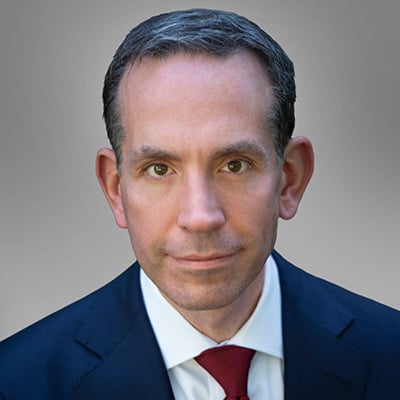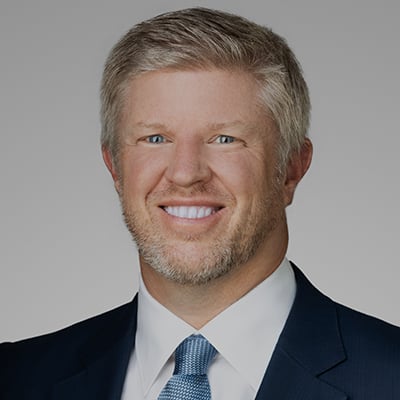LivePerson Wins $30M in Trade Secret Dispute Over AI Rules and Data
Kirkland partners Adam Alper and Mike De Vries spoke with The Recorder regarding their third in-person jury trial win during the pandemic era. Jurors awarded client LivePerson $6.7 million in compensatory damages and $23.3 million in punitives.
An Oakland jury delivered a $30 million trade secret verdict to AI customer engagement company LivePerson Inc. following a day and a half of deliberations.
Jurors found that competitor and occasional business partner 24[7].ai misappropriated all 15 trade secrets LivePerson had claimed—mostly rules for operating customer-specific chat engines and the data those engines generated. Jurors also found that 24[7] engaged in unfair competition.
Damages was a compromise. LivePerson and its Kirkland & Ellis attorneys had asked for $16 million in lost profits and $85 million in punitive damages. 24[7] and its O’Melveny & Myers counsel argued there was no liability, and even if there were the damages should be zero. Jurors awarded $6.7 million in compensatory damages and $23.6 million in punitives.
It’s the third jury trial win during the pandemic era for Kirkland partners Adam Alper and Michael De Vries, who tried LivePerson v. 24[7].ai with Kirkland partner Sharre Lotfollahi and others. The pair won an $855 million trade secret verdict over health care software in New York last October and a defense verdict over network security patents in the Eastern District of Texas in April.
O’Melveny partner Darin Snyder led 24[7]‘s team.
De Vries told jurors during closing argument earlier this week that when the two companies were working together to service Capital One, Sears and Optus, 24[7] ported LivePerson’s XML logs and SQL files into its own brand new, competing platform. 24[7] employees even referred internally to the rules as “the LivePerson rules,” De Vries said.
O’Melveny’s Snyder argued that LivePerson voluntarily assigned all of the IP rights arising out of the services to customers like Optus. Those customers then provided it to 24[7] because they wanted to work with the less expensive and more nimble 24[7], Snyder said.
LivePerson also was believed to mark the resumption of in-person civil jury trials in the Northern District of California. Alper and De Vries said that U.S. District Judge Jon Tigar required that trial participants wear masks at all times—with witnesses wearing clear masks—and limited trial teams to six per side, so jurors could distance themselves around the courtroom.
Plexiglass shields and air filters also were deployed. And Tigar permitted one witness to testify by Zoom from Australia, because coming and going to the U.S. would have required six to eight weeks of quarantine.
The public was not allowed inside the courtroom, but Tigar made audio of the proceeding available to the public. That allowed everyone from the media to competitors to family and friends to listen in. “My mom and dad got to hear closing argument,” De Vries said.
Alper said each of the judges in their pandemic-era trials have taken different approaches to ensuring safety. “But all three made it a priority,” he said.


